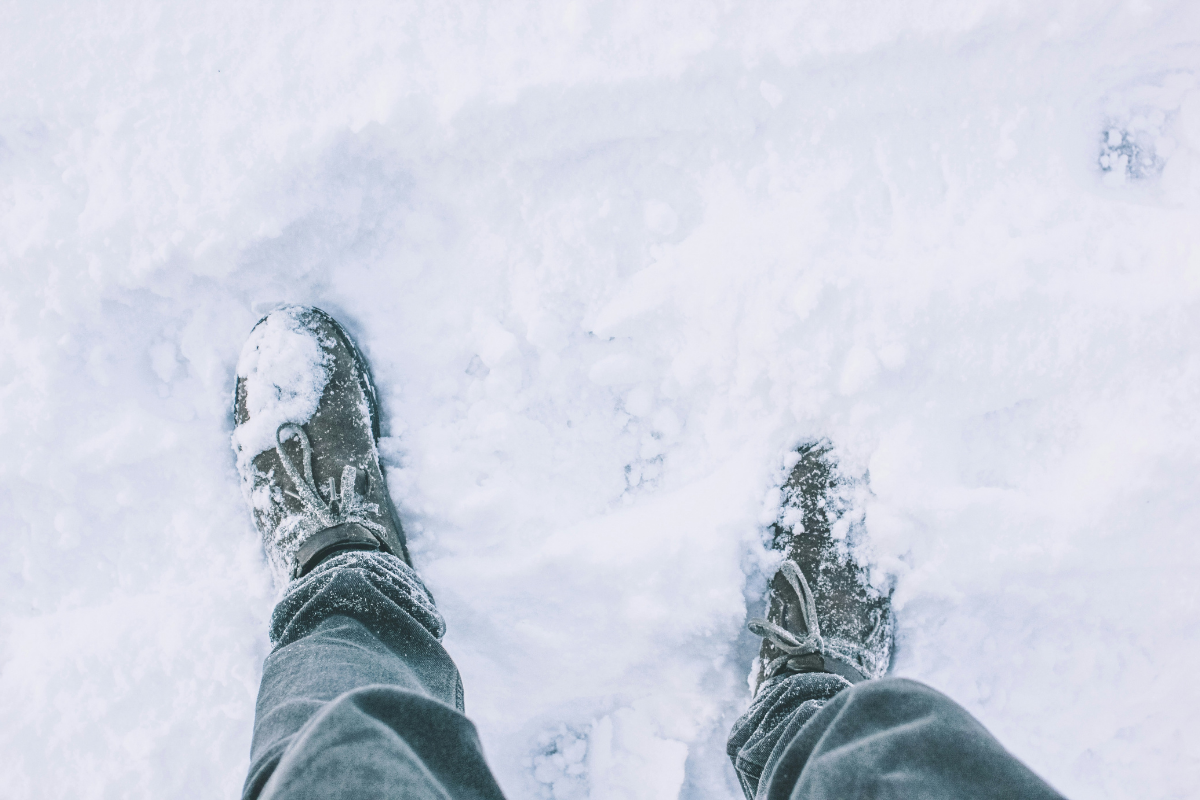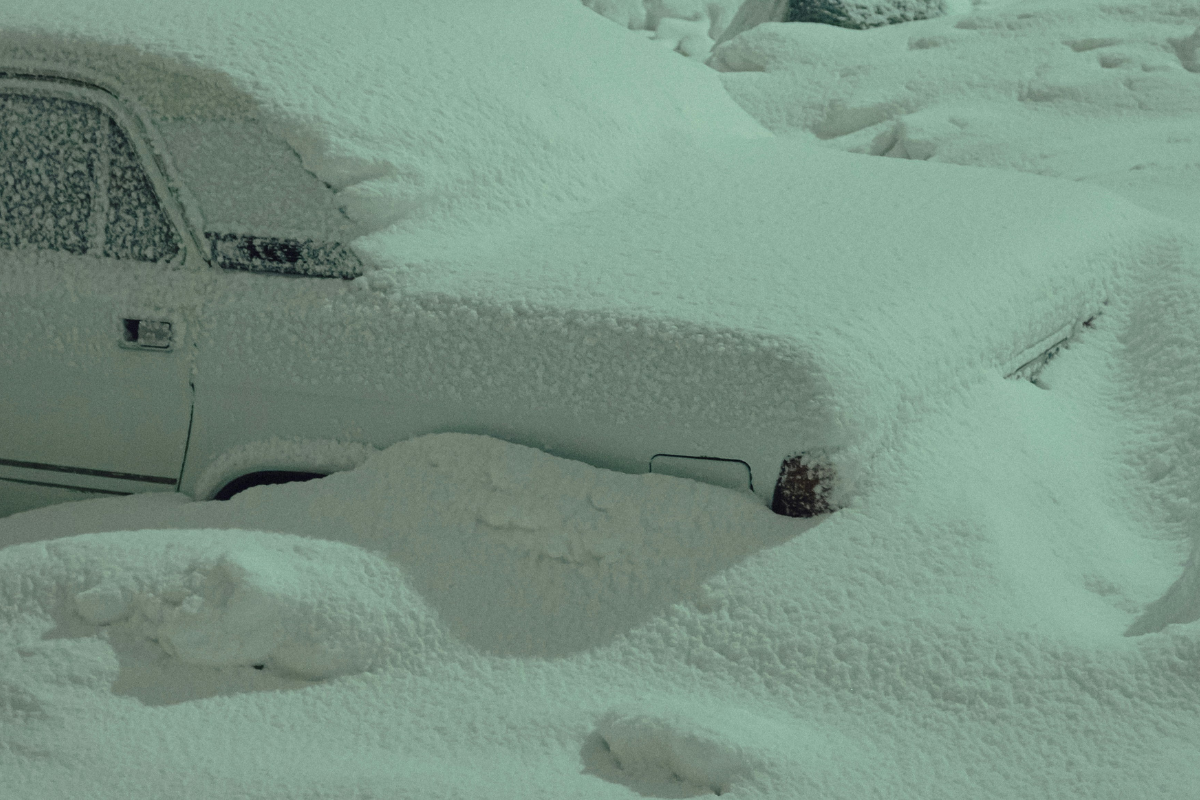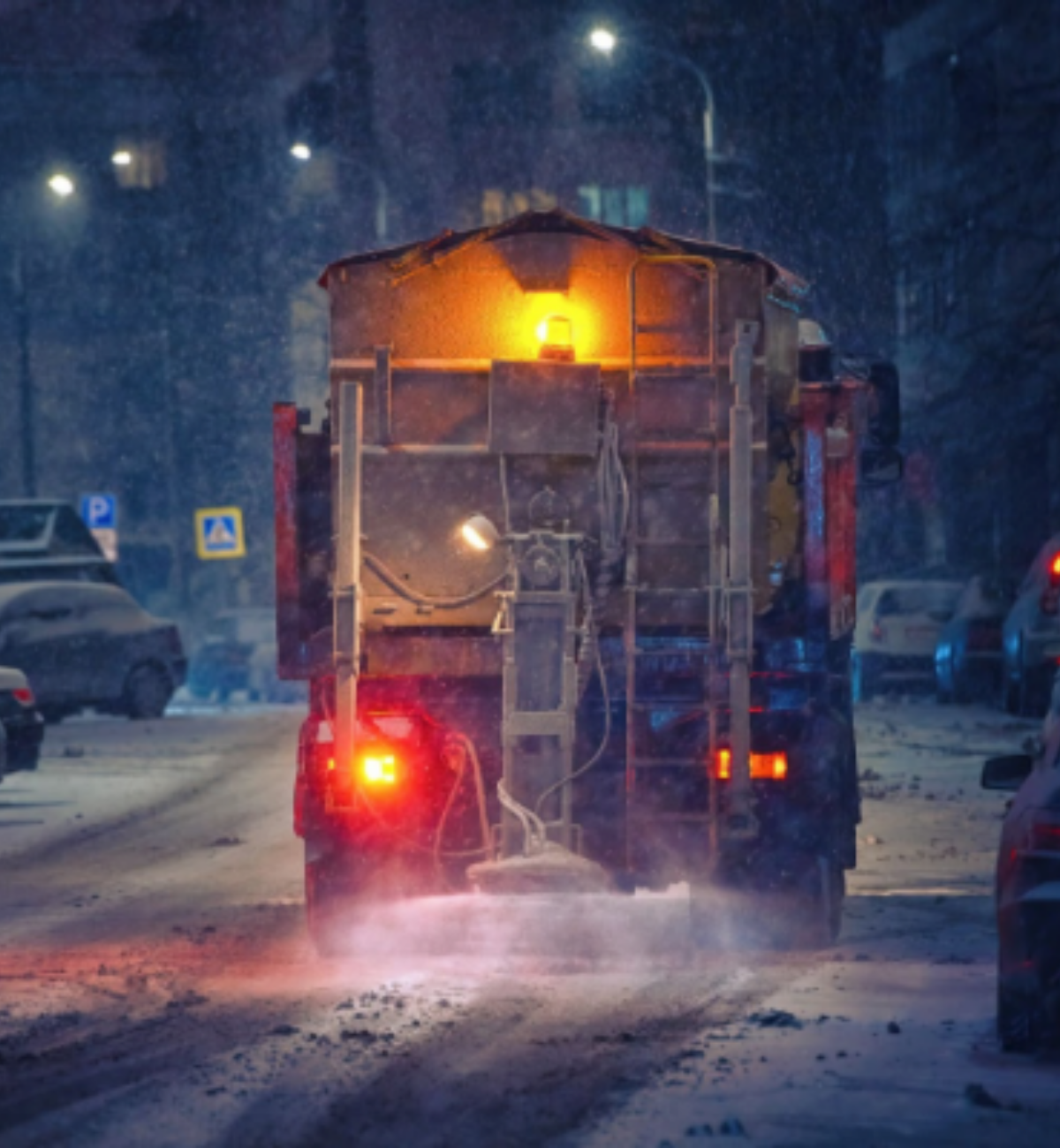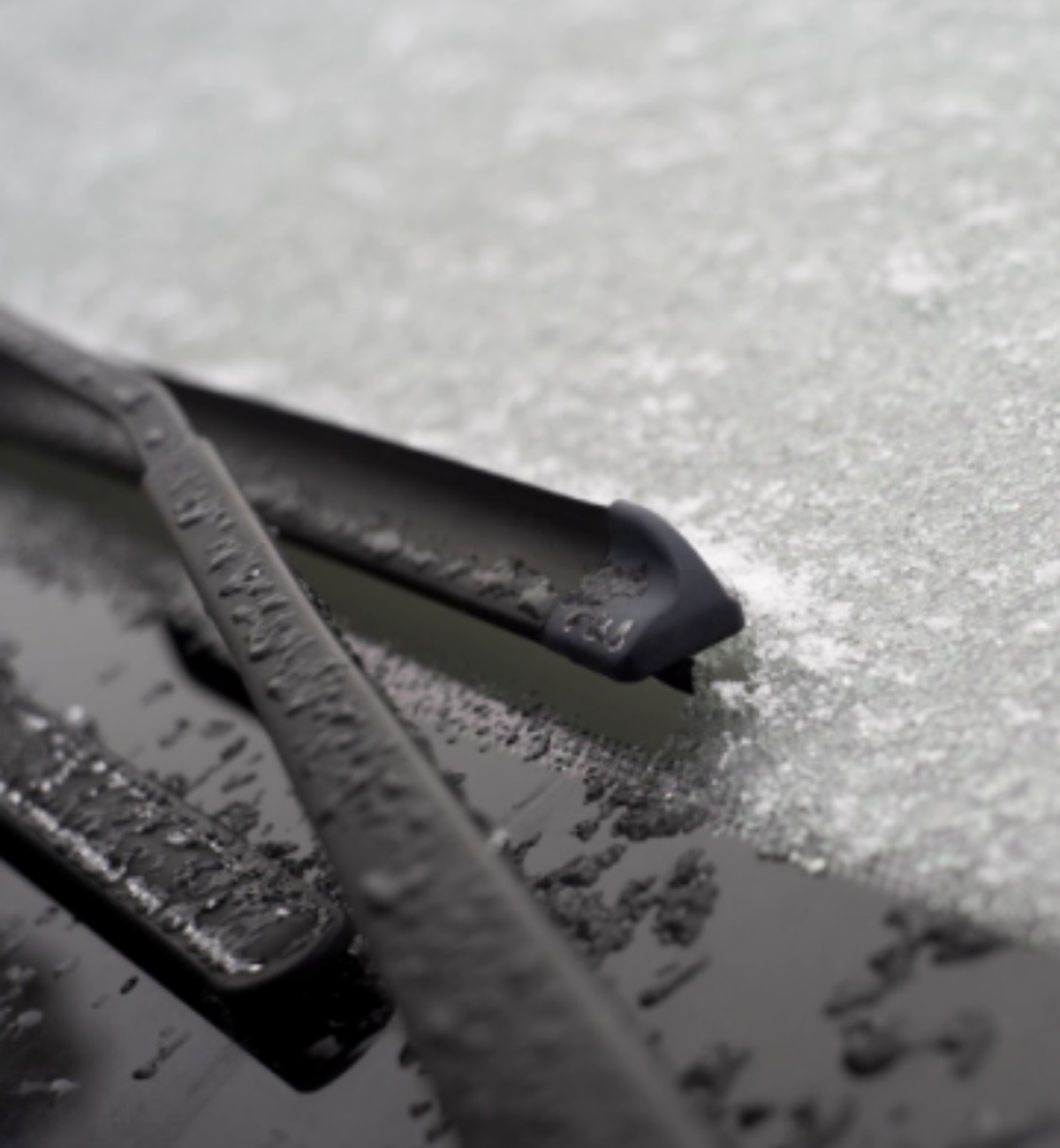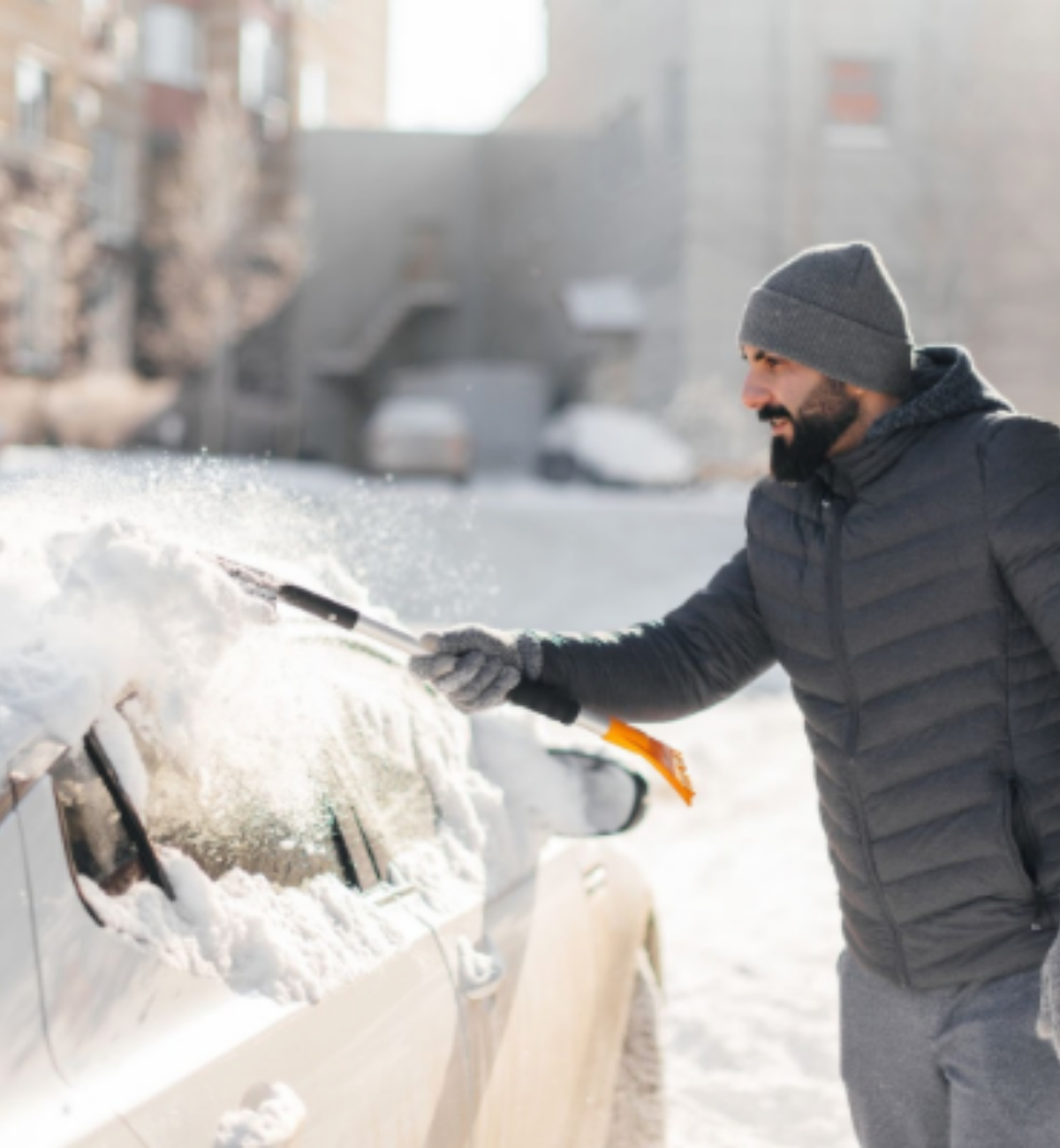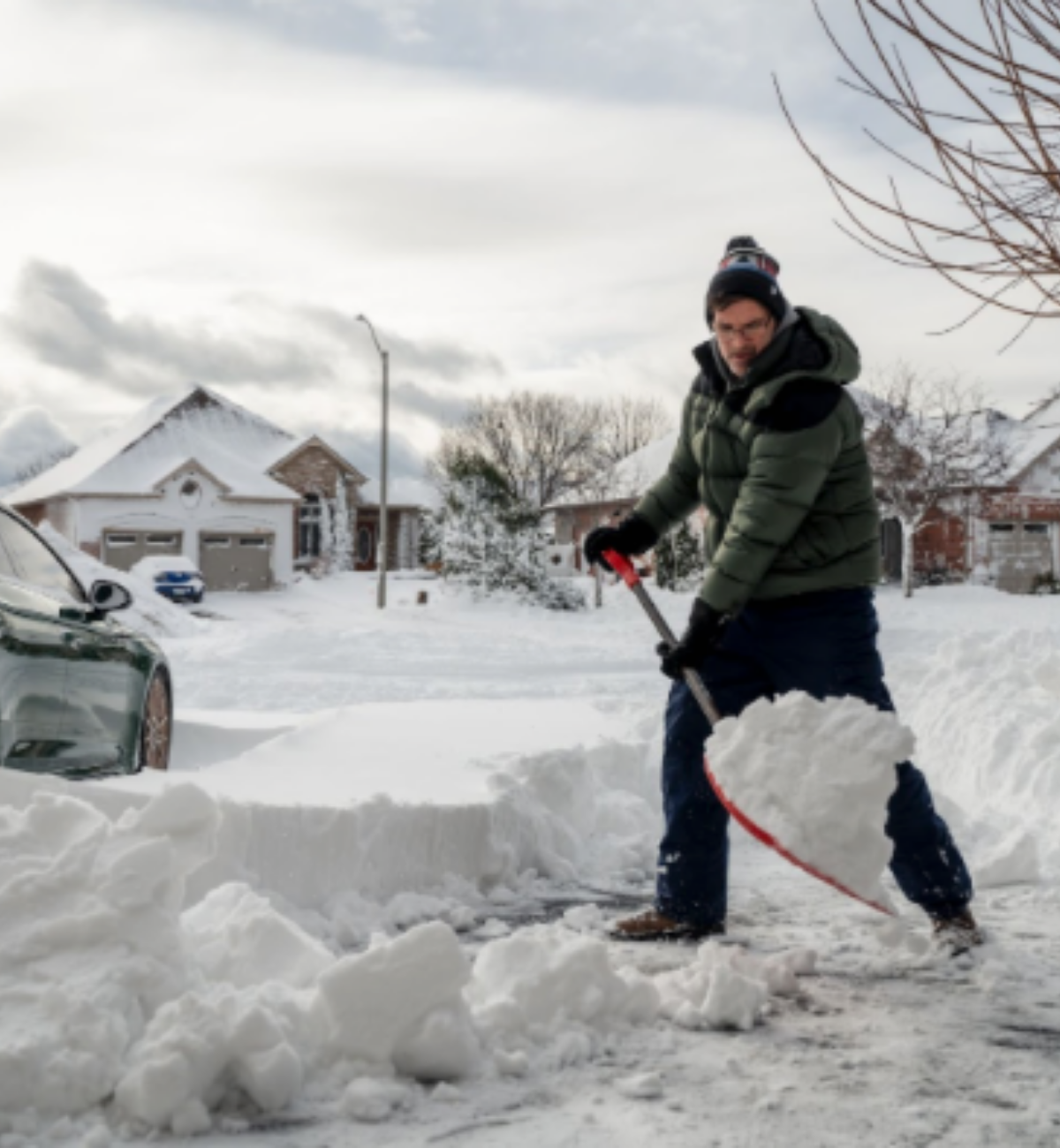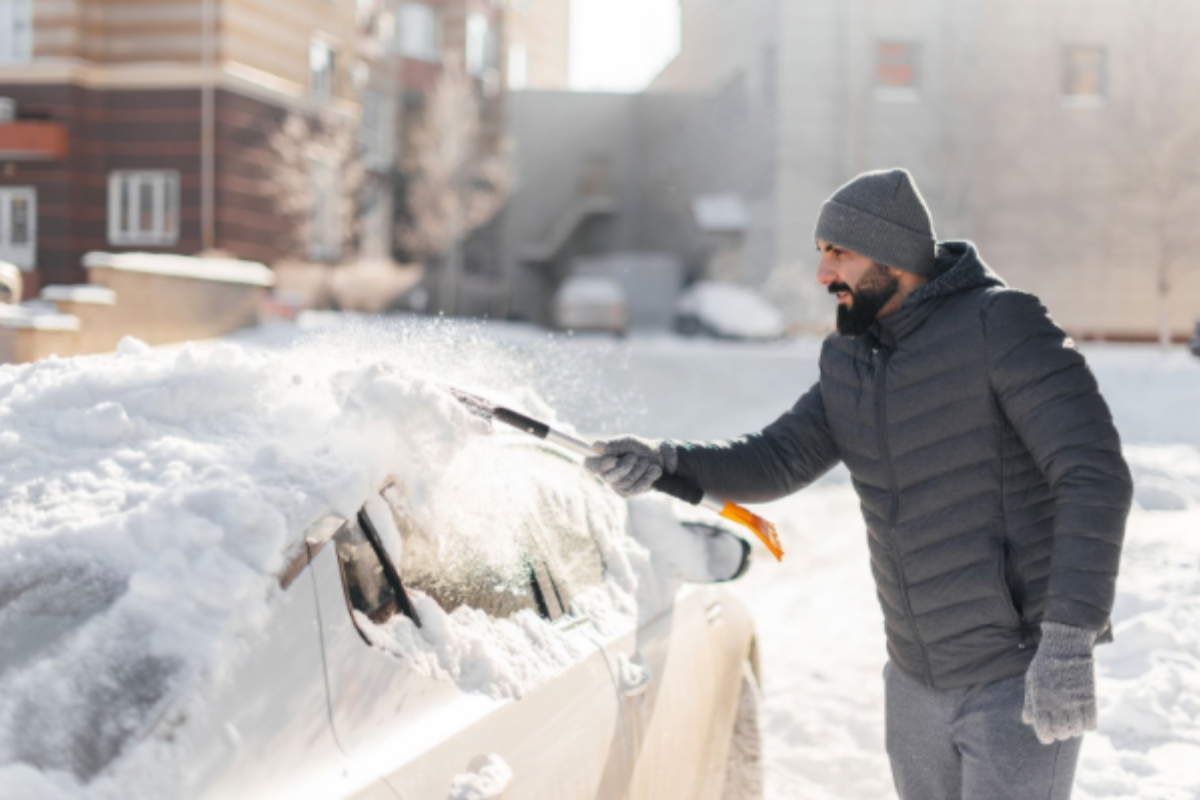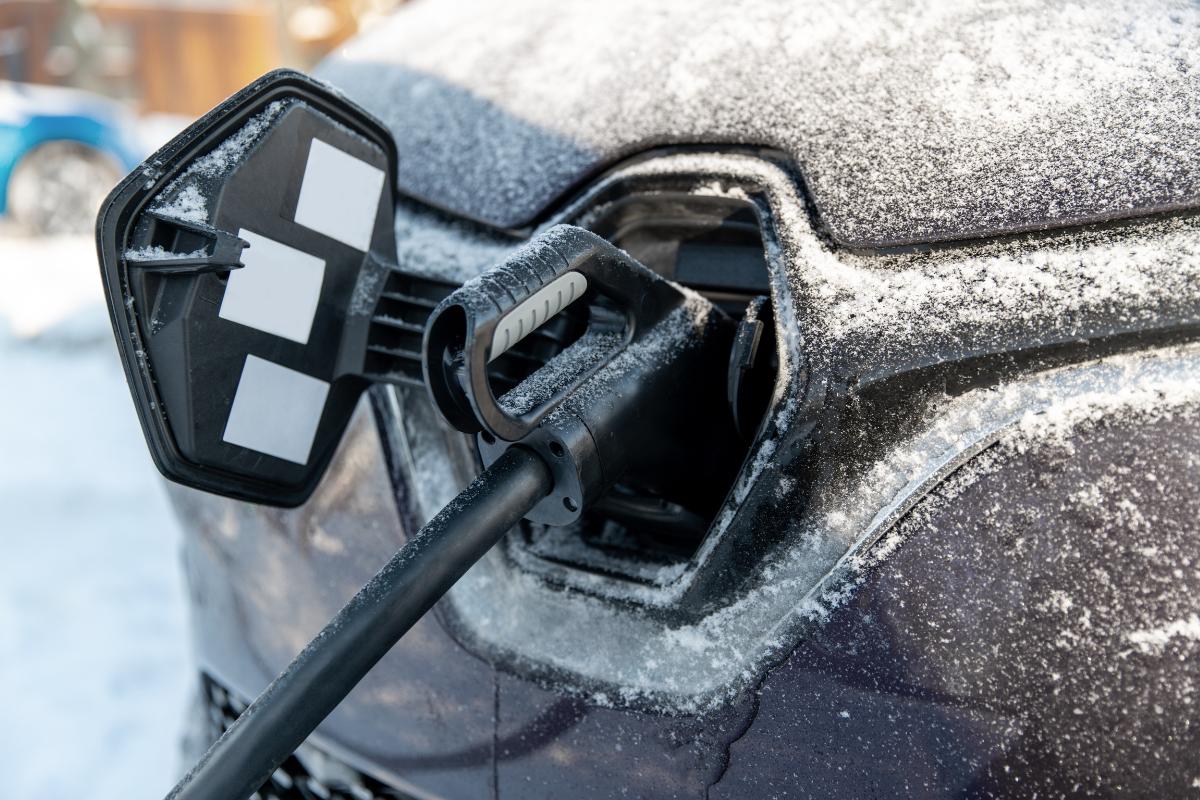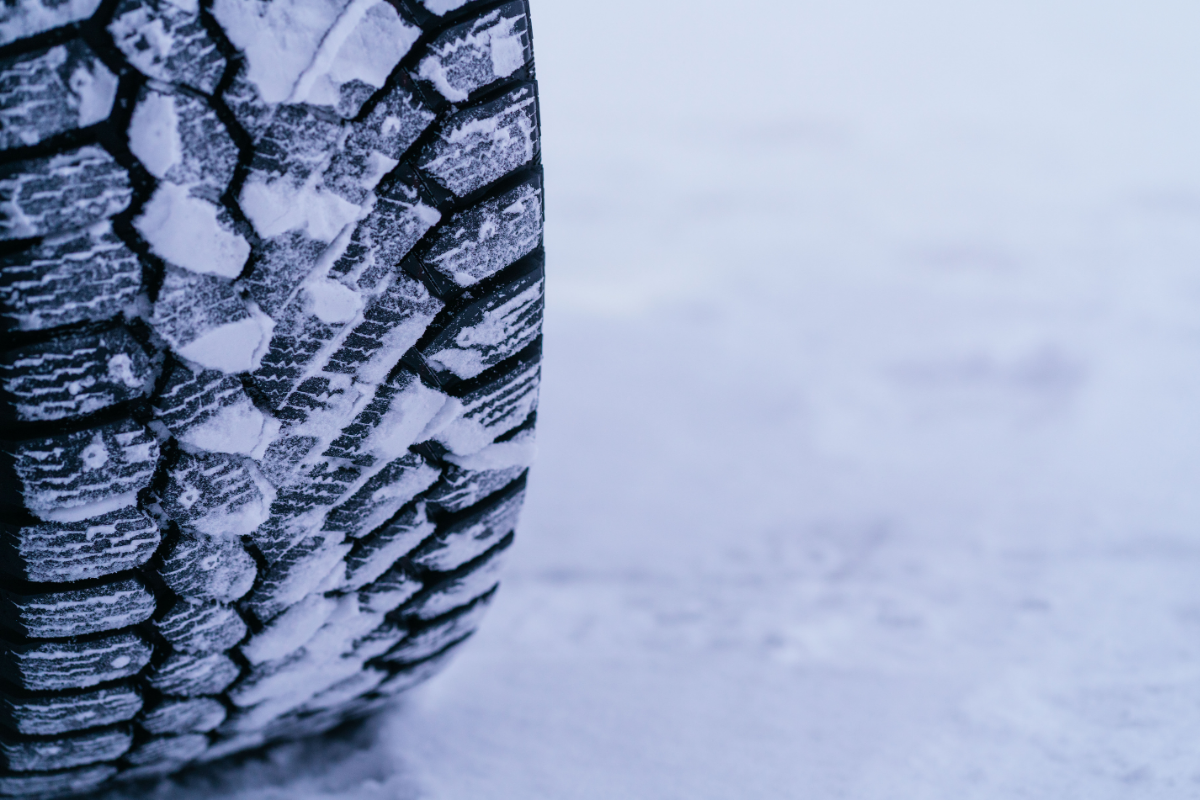Remember that 2022 storm that turned Highway 401 into a 12-hour parking lot, forcing Durham Police to field 300 weather-related calls in a single day? Yeah, that's when having a few chocolate bars and hand warmers in your trunk stopped being paranoid and started being genius.
The Basics: Not Dying of Hypothermia
You need to prioritize staying warm and being visible. The non-negotiables start with warmth. Get at least two reinforced thermal emergency blankets ($15-25). Add a real wool blanket, which still works when wet, plus an extra hat, gloves, and socks. Toss in 8-hour chemical hand warmers. For visibility, you need an LED flashlight with extra batteries, a headlamp for hands-free activities, and emergency triangles.
Getting Unstuck: The Action Hero Toolkit
Being able to get yourself out of a snow bank saves you hours of waiting for a tow. A folding shovel is not optional in Durham. Add traction mats ($30-60), as they are infinitely better than your floor mats. You can also use non-clumping sand or cat litter for weight and grip. Your recovery gear should include heavy-duty booster cables and a portable jump starter—the lithium ones that actually work at -20°C.
Food, Water, and Sanity Savers

Always have 2L of water per person minimum, in bottles that won't explode when frozen. For food, pack high-calorie energy bars, trail mix, and chocolate—it provides both energy and emotional support. Your medicine cabinet on wheels should include a real first aid kit, a 3-day supply of your prescriptions, and toilet paper (because dignity matters). For communication, pack a battery/crank radio and a high-capacity portable phone charger (10,000 mAh minimum).
Being stuck is tough, but being hungry and thirsty makes it worse.
Your car is basically fighting for its life every time you leave the driveway.
Between the heavy lake-effect snow rolling off Lake Ontario and the sheer, uncompromising cold that settles across Scugog and Clarington, your car is basically fighting for its life every time you leave the driveway.
You might be dreaming of a fancy four-wheel-drive system, but the single most important safety feature on your vehicle isn't the engine or the badge on the back—it's the rubber connecting you to the road. If you're relying on the wrong tires when the temperature drops, you're missing the most critical safety upgrade you can make.
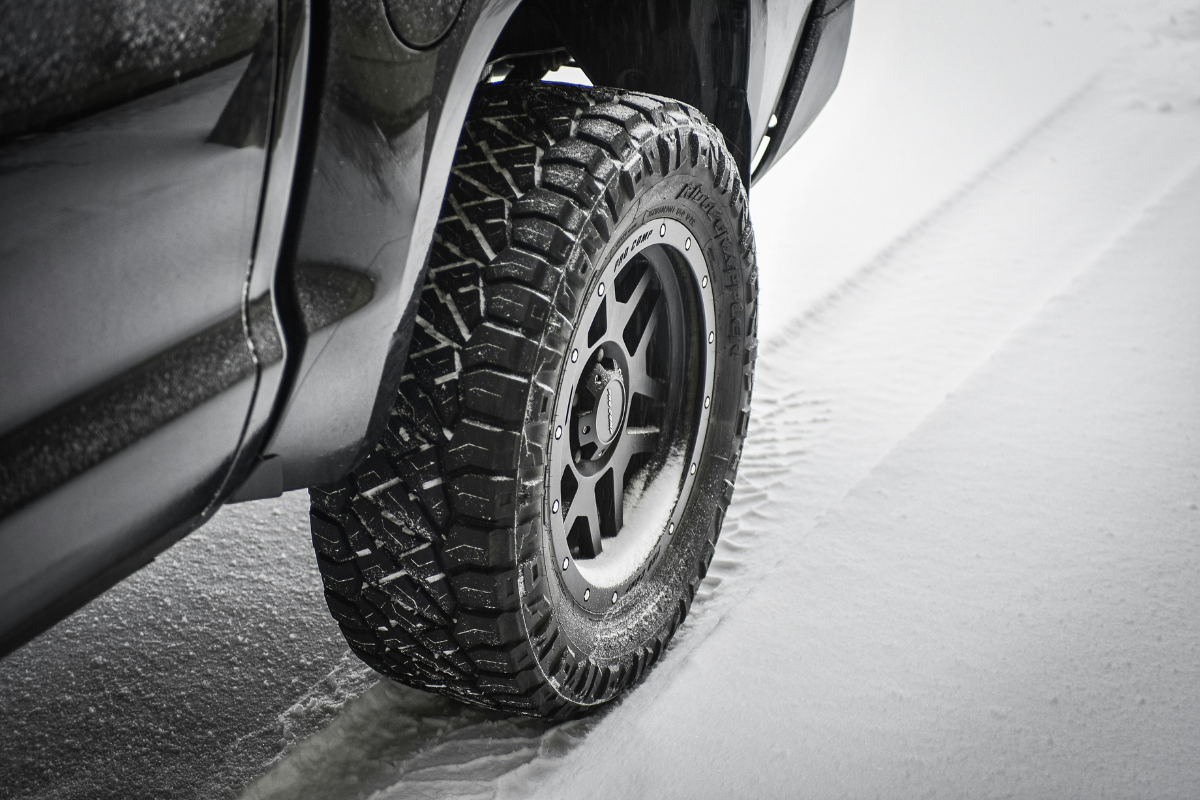
The Cold Hard Truth: 7°C Is the Tipping Point
Your tires are experts, not magicians. The moment the thermometer dips below 7°C, the performance of a generic all-season tire collapses. Why? Because the rubber compound stiffens.
An all-season tire
In freezing conditions is essentially trying to ice skate in dress shoes—it was simply never designed for the job.
Winter tire
On the other hand, are the masters of cold weather. They use a high-silica compound that stays flexible and soft.
This pliability allows the tire to conform to the road surface, aggressively gripping pavement that is cold, icy, or snow-covered. If you’re driving around Oshawa or Whitby in November, your best move is getting cold-weather-optimized rubber installed. Period.
Storage Strategy That Actually Works
Use a proper plastic bin with a lid and organize with clear bags so you're not digging for flashlights with frozen fingers. Crucially, keep some immediate-need items (like a charger and hand warmers) in the passenger area—crawling to the trunk in a blizzard is nobody's idea of fun.
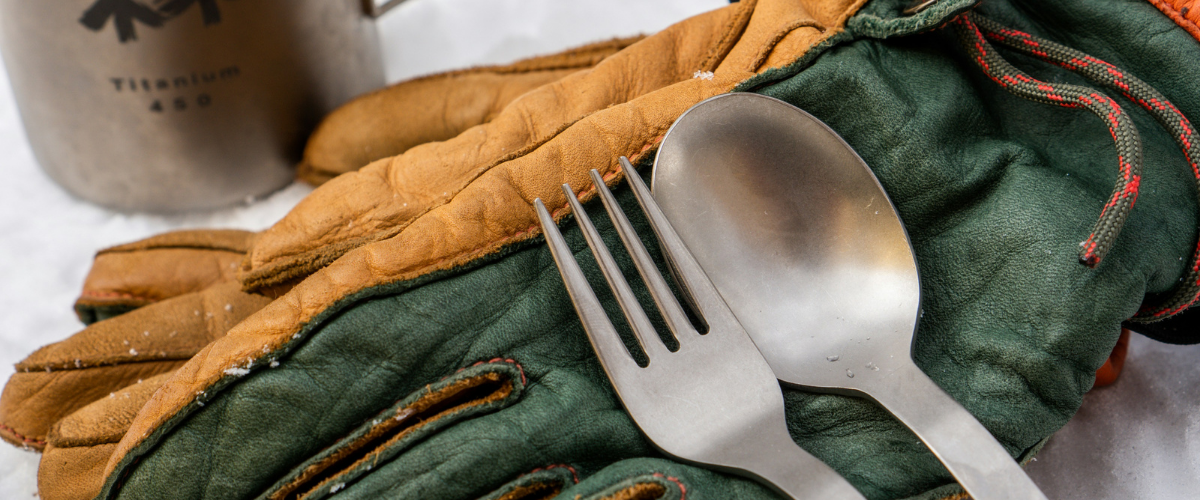
The Bottom Line: Your Best Investment
A proper emergency kit costs less than one tow truck call and infinitely less than hypothermia treatment. Whether you're stuck on Highway 7 or stranded in downtown Oshawa, the right supplies turn a potential disaster into an inconvenient story. Build your kit now. The best emergency kit is the one you actually have when disaster strikes.
.png)
